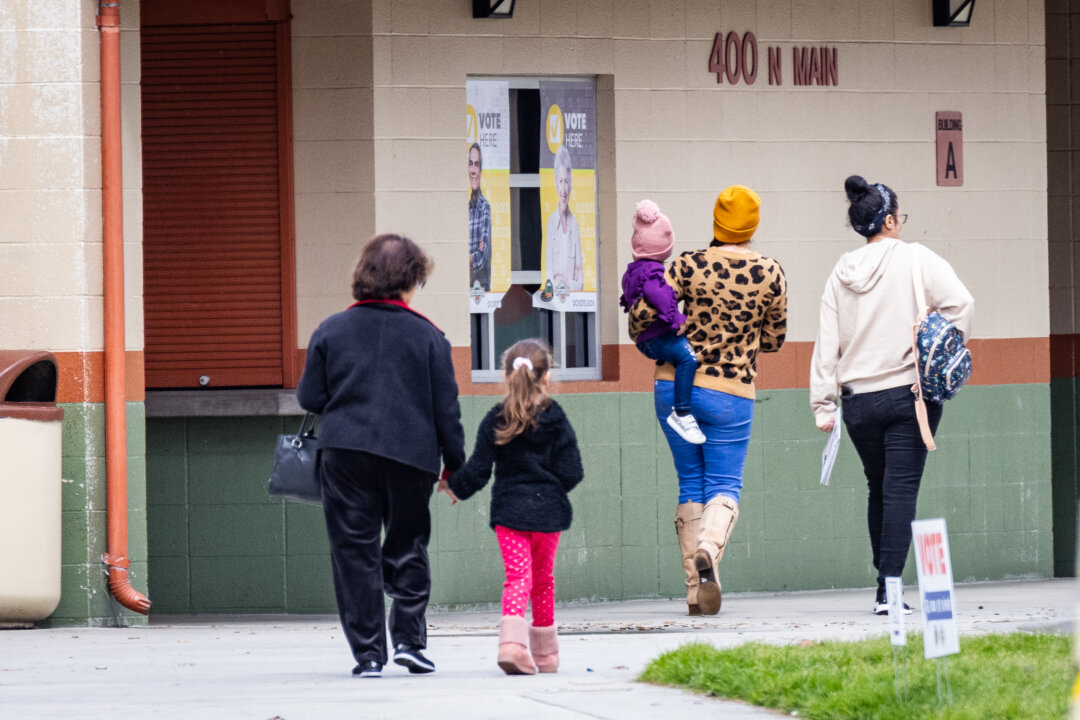If birthright citizenship for children born to illegal immigrants is eliminated, as President Donald Trump has ordered, the illegal immigrant population in the United States would grow significantly, a new report has found.
Trump’s Jan. 20 executive order states that although the 14th Amendment recognizes the citizenship of people born in the United States, it has never been interpreted as a guarantee of universal citizenship for all those born in the country.
The new report, published on May 13 by the Migration Policy Institute and Pennsylvania State University’s Population Research Institute, reported that eliminating the right to birthright citizenship “would significantly swell the size of the unauthorized population—now and for generations to come.”
The institutes said that their new estimates show that ending birthright citizenship for people born in the United States to parents who are in the country illegally or to visitors with temporary legal status would increase the unauthorized population by 2.7 million by 2045 and by 5.4 million by 2075.
According to the report, over the next 50 years, an average of 255,000 children born in the United States each year would begin life without U.S. citizenship due to their parents’ legal status.
In addition, the institutes note that if Trump’s plans were implemented, it “would create a self-perpetuating, multigenerational underclass—with U.S.-born residents inheriting the social disadvantage borne by their parents and even, over time, their grandparents and great-grandparents.”
The report states that by 2075, there would be 1.7 million people born in the United States without citizenship or legal status, with parents who were also born in the country, but likewise do not have citizenship or legal status.
Trump’s executive order, which was to take effect on Feb. 19, was blocked nationwide by various rulings issued by federal judges in the states of Washington, Massachusetts, and Maryland, finding the directive likely violated the language of the U.S. Constitution.
U.S. District Judge Deborah Boardman of Maryland, who issued an injunction against the order, cited the historic 1898 Supreme Court ruling in the case United States v. Wong Kim Ark, in which the court held that the 14th Amendment granted birthright citizenship to a Chinese man whose parents were legally present in the United States.
In March, the Trump administration asked the Supreme Court to intervene and overturn, at least partially, the multiple injunctions that the courts have issued against his executive order to restrict birthright citizenship.
On May 15, the Supreme Court heard oral arguments in the case.
In documents submitted for the appeal, the Department of Justice did not ask the Supreme Court to evaluate the constitutionality of Trump’s executive order, but it did propose to limit the scope of the injunctions so that they only affect those directly involved in the lawsuits.
Matthew Vadum contributed to this report.

